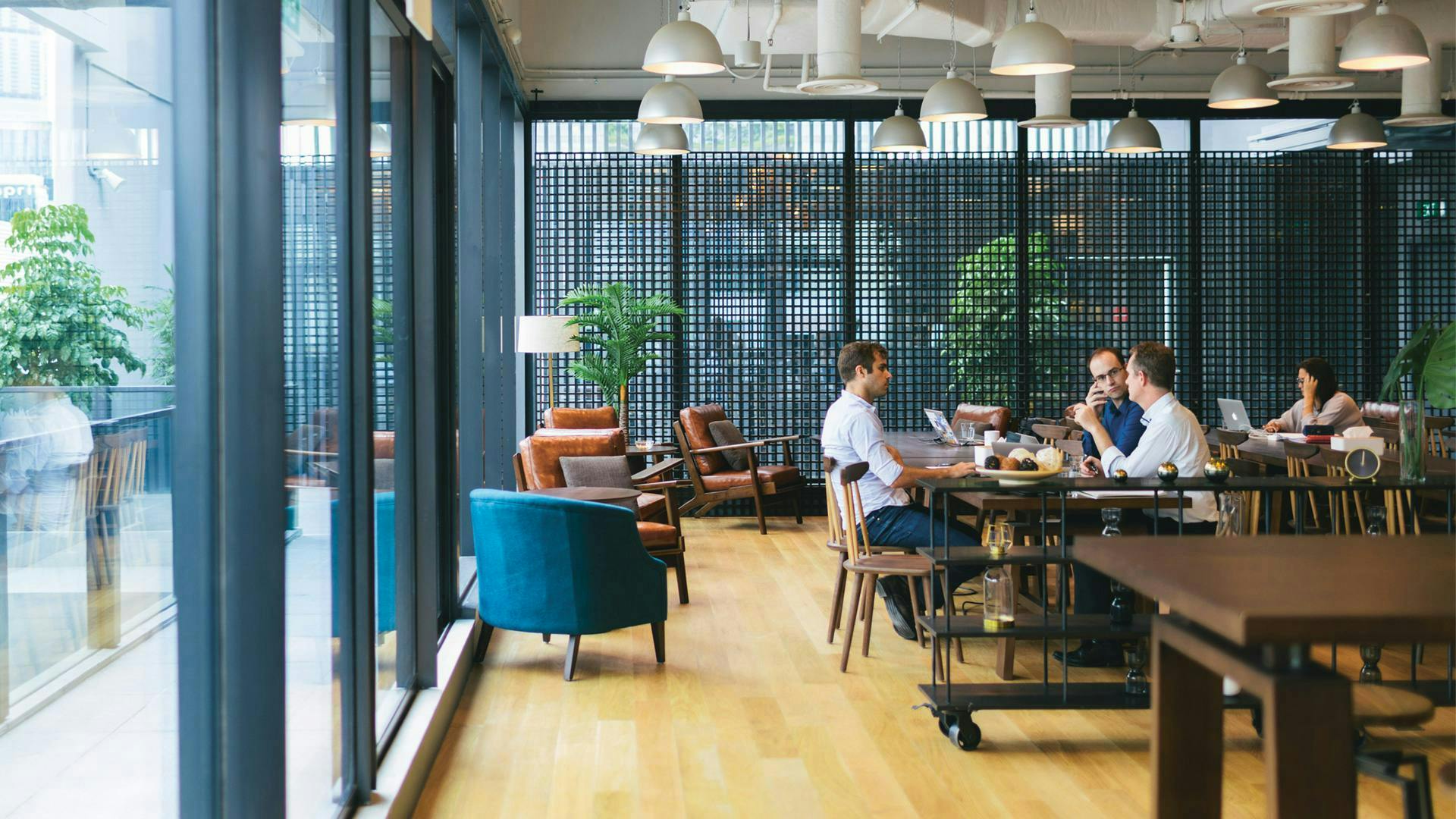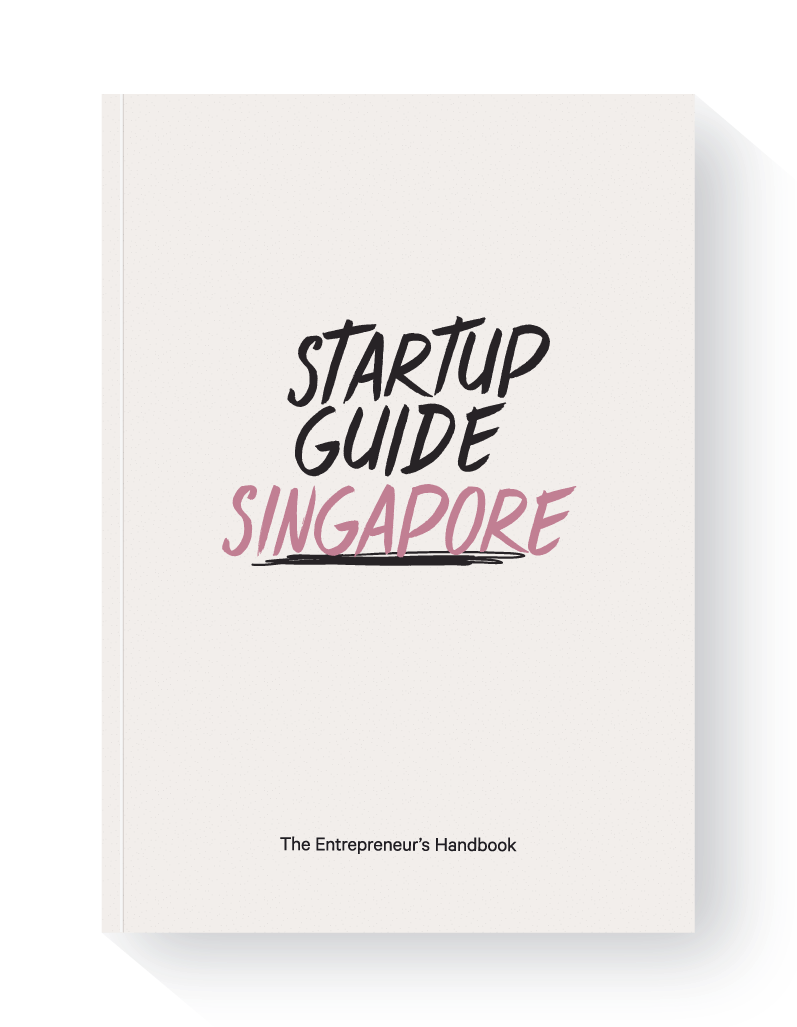Why creating connections is the way to navigate Singapore’s ecosystem
ingapore’s technology, innovation and cosmopolitan culture, as well as its access to the rest of Southeast Asia, make this city-state a desirable location for startups. For those unsure about whether this is the right place to begin their entrepreneurial journey, Jonathan Lim, director of Global Innovation Network at Enterprise Singapore, has advice on how businesses can navigate Singapore’s ecosystem and make the most out of existing support.
Singapore is an island metropolis best known for its warm climate, cosmopolitan population and efficient transportation system. In the past decade, its vibrant technology and innovation scene has also become increasingly recognized on the international stage.
“Startups play a significant role in Singapore’s economy,” says Jonathan, whose government agency focuses on strengthening the city-state as a hub for economic activity and innovation. “We have been growing the startup ecosystem for the past fifteen years and have made significant progress.”
[ Read also: Singapore: Southeast Asia’s new entrepreneurial destination ]
According to a 2017 report by US-based organization Startup Genome that looked at the top startup ecosystems in the world, Singapore came in at number 12 overall. Furthermore, it ranked highly as a source of qualified talent and in “local connectedness,” referring to how connected founders are with local networks and communities.
Although Singapore is a small market in itself, with a population of about 5.6 million, its geographic location in Southeast Asia makes it an ideal base for startups that want to expand to larger markets in the region.

Jonathan Lim, director of Global Innovation Network at Enterprise Singapore. Photo: Startup Guide
When trying to get a business off the ground in Singapore, Jonathan says that some entrepreneurs may face challenges in navigating the wealth of information as well as finding partners and investors.
To address this issue, Enterprise Singapore launched the Startup SG Network in 2017 with the aim of making it easier for entrepreneurs to access useful resources and connect to key players within the startup ecosystem, such as investors, startups and potential customers. The database profiles various entities in Singapore’s tech startup scene and facilitates connections between them.
“Our programs and initiatives were built to provide targeted support for the various stakeholders in the Singapore startup ecosystem,” says Jonathan, “For example, we provide mentorship and startup grants to first-time entrepreneurs with innovative business ideas; we support incubators, accelerators and venture builders in strategic growth sectors that help to catalyze the growth of high potential startups. Additionally, to attract global entrepreneurial talent to Singapore to establish innovative businesses in areas such as deep technology, we provide avenues such as EntrePass.”
Speaking with the community will not only help newcomers better understand what they need to start a business in Singapore, but it will also help them get acquainted with local ecosystem partners.
If you’re new to Singapore and don’t know where to begin, Jonathan recommends attending events and getting to know the local community to learn more about what it’s like to start up in the city.
“Many founders and startups are housed in startup communities, like the one at LaunchPad@one-north, or incubator and accelerator spaces,” he says. “Speaking with the community will not only help newcomers better understand what they need to start a business in Singapore, but it will also help them get acquainted with local ecosystem partners.”
Another tip is to consider partnering up with corporates or the Singapore government, both of which are typically equipped with resources, expertise and a vast network. These kinds of collaborations can help burgeoning startups gain practical know-how and build their track record. Not only that, it can prepare them to expand to larger markets in the Asia-Pacific region.
For businesses looking to expand, don’t forget that Singapore acts as a launchpad to the region. “Beyond the infrastructure, talent and funding support we have here, we are the gateway to the growing Association of Southeast Asian Nations (ASEAN) market,” says Jonathan. “Singapore is a good place to be based and for testing ideas before further expansion into the region.”
It is vital that we do not merely build up our competencies in silos but that we bring them together to form an active knowledge economy.
Looking ahead, Enterprise Singapore has set its sights on deepening the growth of Singapore’s startup ecosystem as well as developing Singapore into an economy that’s led by innovation. “It is vital that we do not merely build up our competencies in silos but that we bring them together to form an active knowledge economy, one that will enable ecosystem players to bring their ideas quickly from seed to fruit,” he says.
This piece was originally published in our Startup Guide Singapore book in March 2019.
Main photo of The Hive coworking space in Singapore by Startup Guide


